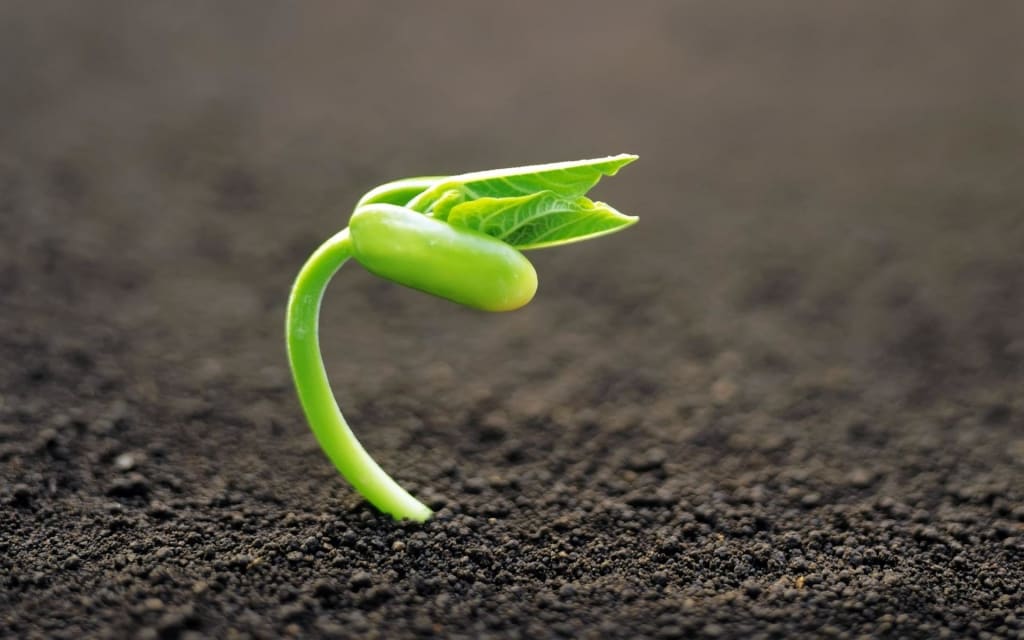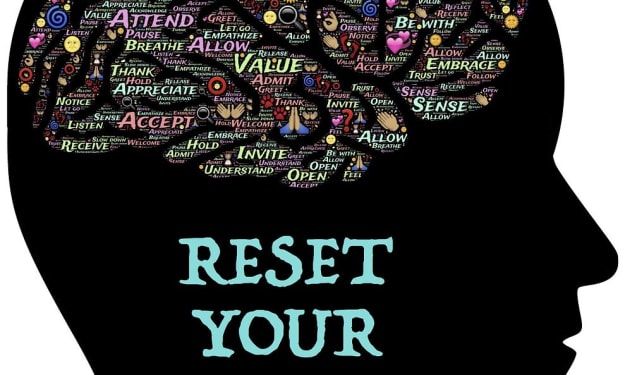The Small Things in Life
Seeing the Bigger Picture

People say, learn to appreciate the small things in life.
Seeing the beauty in the world around you, taking your time with preparing dinner, being friendly when greeting the bus driver or the mailman. Taking a moment to slow down and appreciate the minuscule comforts of life and luxuries, you didn't, for example, need to walk hours for a drink of water.
All too often, you can keep it up for... a week or two and then and find it's not sticking, like, with any habit, progress tends to lie within effort. You may end up asking why this happens. Well if you know anything from practicing that certain mindfulness it's those small things that makes a big difference. In Asian cultures, people have a less elective method of using their eyes, instead of centring their focus on one thing at a time (like we do in western civilization) they actually tend to pay attention to the surroundings of things. In a way taking in the whole picture. From that difference, their brain and psychology are set to have a world-view of more open thinking, especially in Buddhist traditions. And that's something we don't even have to think about, the way we use our eyes has an impact on our psychology and brains that is markedly substantial. It's quite interesting to think about the dynamics of everything we do and how it impacts our neurology. Small things are actually big things. Its a tidbit of cognitive dissonance that's rooted in our western culture.
We are a society with lots of big things on our plates already, things we quantify as being big, (that slip past the radar in certain cases): paying rent, affording a car, going to school, getting and keeping a job. So many things we have to deal with on a daily basis can get us down. That's why some wise guy may say "learn to appreciate the small things." But doing so, (essentially practicing mindfulness) can be hard because our willpower is drained. I want you to watch this video.
As the acronym K.I.S.S. (keep it simple stupid) is so graciously articulating, by taking on small tasks and keeping them as a core focus we can achieve more in life. So willpower management and putting away distractions is key. And we all know that life can bombard us with new trends in health and wellbeing that can exhaust our willpower to no end. We can all benefit from taking on new habits, even the small things. And in every new thing that we learn, there is always a quantifiable learning curb. Hermann Ebbinghaus pioneered the idea in 1885, and you can apply it to all inexperienced tasks and situations. At the beginning of learning something new, applied to a graph, experience, which is on the vertical axis, and effort, on the horizontal axis rise nominally until a plateau is reached on the learning axis. At this point, we can see a steep drop in learning results as the effort is still being made. Only when persevering through this drop, can we start to regain the learning. We've all been there before, just when we think we have established a habit, all of a sudden we take a day off and then another day and soon enough we've lost the habit. One small thing you can do is to not beat yourself up over failing to achieve your goals. When you can accept that certain failure as something that is a hard habit to keep up, along with everything else you have to do in life, you'll be all the more likely to take it on again. And remembering these bits of wisdom may be a hard thing to learn as well, and with that, we just have to do our best.
The best thing you can do, to appreciate the small things of life, is to stop for a second and instead of doing what you normally do, try doing something different, in other words, be a deviant.
But when trying to get out of your comfort zone it can be useful to get out of the box with the things you already know how to do. For example, I'm a poet and spoken word artist, I try and write every day if I can. To keep growing and learning as a writer I can take my usual time I use for writing, and read instead. Alternatively, I'm working on writing in a more archaic, creative style by making my own fantasy story with some poetic flare. Or writing an article. This won't tax my willpower too much because its something that I already do on a daily basis. So, the question is, what small changes can you do? And what appeals to the type of lifestyle that you wish to lead. Are you spiritually inclined? Try practicing different forms of meditation like gratefulness meditation. For things that are harder to learn, one of the best things you can do is learn it with a friend (seems like a small difference but it's not). Learning an instrument may seem like a big task but there are so many small nuances to take into account that you might find simpleness makes a big difference. Learning an instrument is good for you too. Sometimes doing something as simple as meditation, which is essentially just focusing on your breathing, can build into practices that can change your life. At the end of the day, its all the tips and tricks and keeping things simple that help us achieve more in life.
Because, how else do we appreciate the small things, other than knowing that, they can make all the difference.
Sources:
- Deviate: The Science of Seeing Differently, Beau Lotto.
- The Mind's Own Physician: A Scientific Dialogue with the Dali Lama on the Healing Power of Meditation.
About the Creator
Russel Bridges
Young man out of yyc, my intrests lie in poetry, songwriting, music, science and spiritualism






Comments
There are no comments for this story
Be the first to respond and start the conversation.